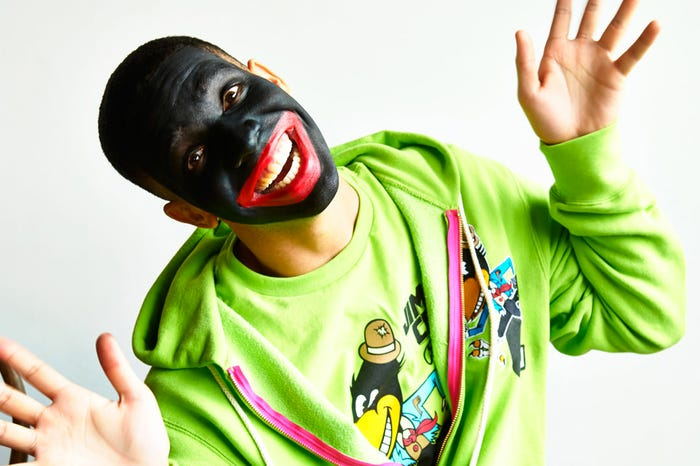By this time I’m sure we’ve all experienced the euphoria of listening to Kendrick Lamar’s Euphoria. If you think Drake deserves anything more than a participation trophy in this battle, that’s a citation for you. I’d implore you to touch grass, look in the mirror, and possibly go to therapy.
All jokes aside, Kendrick sparked a debate about blackness itself in addressing the N word and who can say it: A question as old as the word itself.
So what are we going with?
One drop rule?

Phenotype?

Having a black mom and white dad?


For Drake specifically, growing up Jewish, middle class and biracial with a white mother and an absentee, black father— in Canada— it is arguable whether it’s “fair” for him to say the N word.
In the first decade of Aubrey’s life, when he was not yet cognizant of race, it is a reasonable suspicion that little Aubrey grew up perceiving himself to be a white child. How much this weighs on his present image and idea of blackness is a personal question that we may never be able to answer.
But what is blackness?
And what makes someone “black enough”?
Race is a social construct. But that doesn’t mean it is fake. It means that society decides what it means to be black. We sway the culture.
Blackness is where lineage, experience, and perception intersect.
- Lineage, meaning a significant percentage of your ancestry is of African decent.
- Experience: Do you go through the world with the unique experiences of a black person? Do others regard you as black?
- And perception: do you perceive yourself as black? Do you claim to be a person of African descent, always?
My freshman year at Howard University, my very first reading assignment was “In Defense of a Loaded Word” by Ta-Nehisi Coates in the New York Times. This article sticks with me to this day and has proven relevant in many instances in my life.
In the article, Coates discusses the N Word by comparing it to other words in the English language with the stance that words don’t have meaning without context. He explores slurs that have been taken back by the marginalized groups and communities they were originally used against. He consults words like “bitch” and how it’s commonly used endearingly by women towards other women, but widely considered disrespectful when uttered by a man. Same with the F word within the LGBTQ+ community.
There is a broader conversation to be had about cultural appropriation and usage of AAVE when it’s convenient and perceived as cool. This is seen a lot in Hollywood with blaccents, black hairstyles etc. And Drake’s “culture vulture” allegations are not helping him with this one.
Despite the N word most often not being used in an overtly racist context, given the complex history of the word, I am personally of the philosophy that you need to be justifiably black in order to “retake” versus colonize the word. I’m looking at the non-black POC and Latinx folk specifically. Regardless of where you grew up.
A wise man once said “everyone wants to be a nigga but don’t nobody wanna be a nigga”.

Very insightful piece! Now I ‘m wondering when did Drake feel that it was ok to use the N word?
Good job very insightful…if we look it up drake never claimed his black side only when it was convenient.
Provocative and we’ll written! As the title of Kendrick’s diss track expresses: “They not like us”! Accordingly, Drake has no pass or license to use the N word!